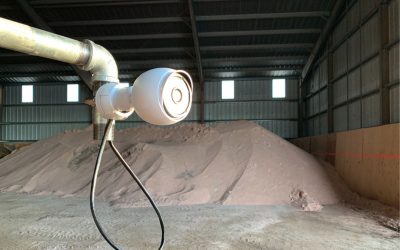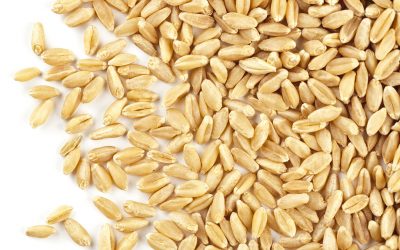Tunisia makes progress on feed testing laboratory
The US Grains Council and Ministry of Agriculture cooperative program to establish a Tunisian central laboratory for feed analysis is well underway, reported Cary Sifferath, USGC regional director.
Since moving into their building last September, the laboratory staff has grown to 13, including two technical engineers and five specialized technicians trained in grain inspection, minerals, crude fat and fibre analysis using atomic absorption spectrometry.
“Tunisia’s Ministry of Agriculture has recently issued a decree requesting that feed grains importers and feed millers present samples of imported ingredients for quality control analysis,” Sifferath said.
“The next step for our program will be working with the new Tunisian Central Laboratory as they begin handling those inspections.
“Our ultimate goal is to make sure all feed grain imports meet the same quality standards as US exports do. This is expected to close the price gap we see between US feed grains and our competitors, especially from the Black Sea.”
The Tunisian laboratory program is modelled on the Council’s previous success establishing the Egyptian central laboratory. As part of their Council-provided training, Tunisian technicians spent two weeks at Egypt’s RCCF laboratory in November.











